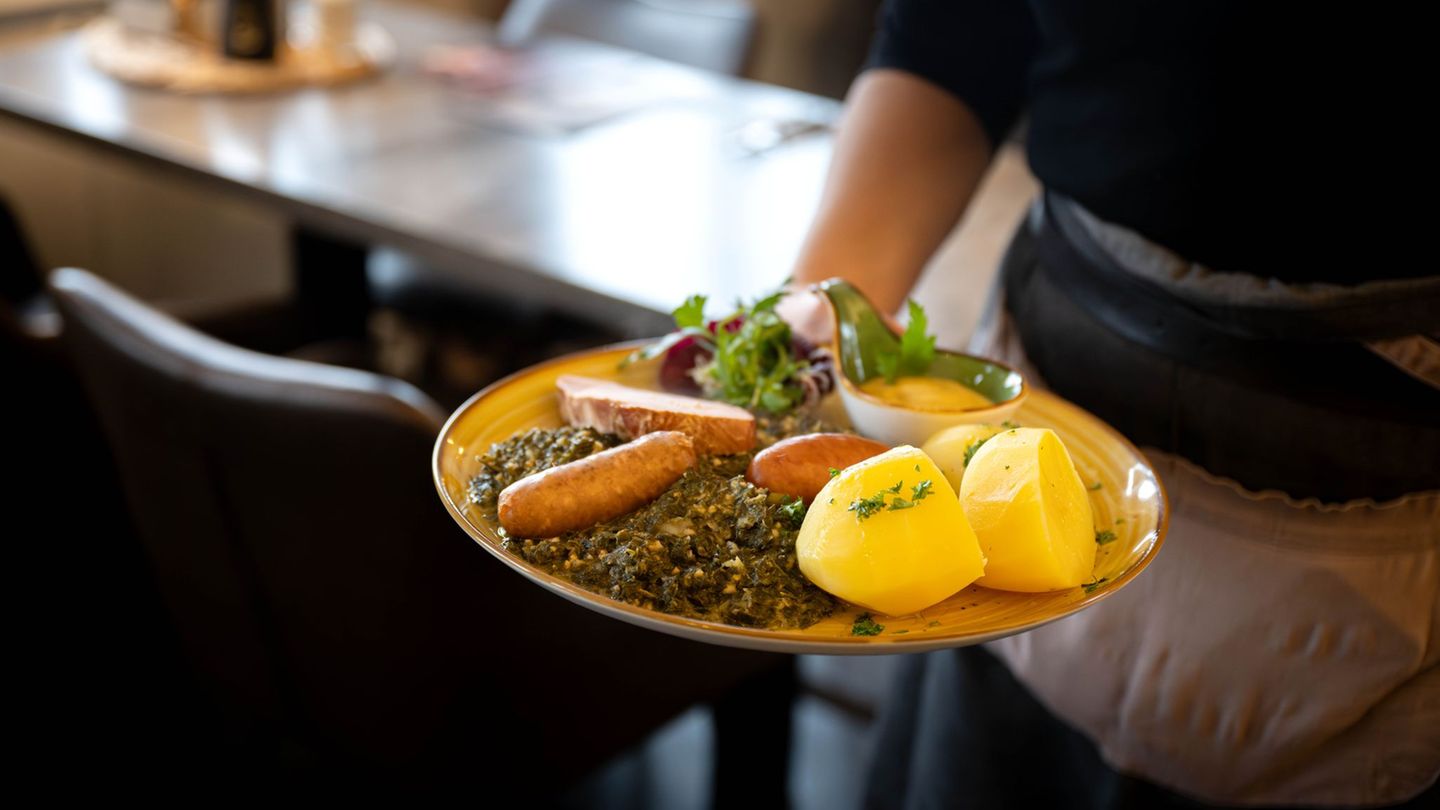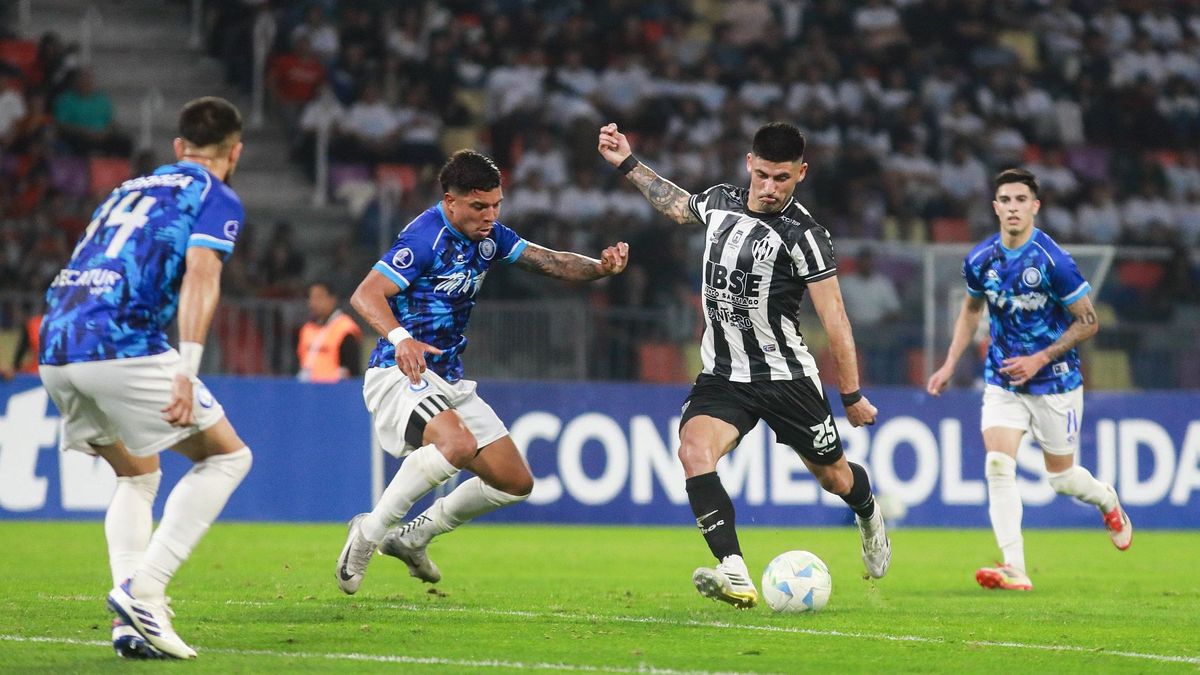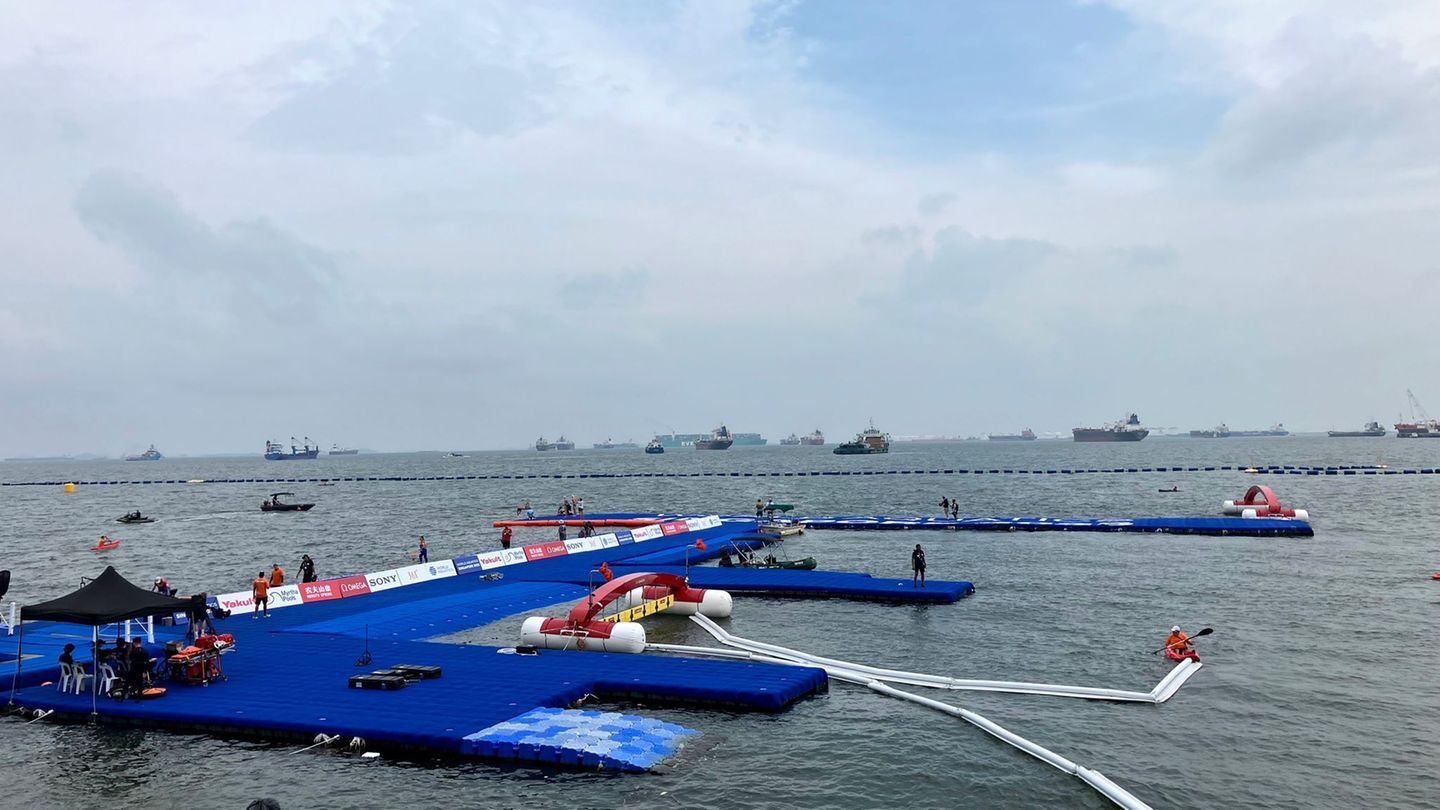In the medal table, Germany has lost touch with the top nations. But there is great hope that a turnaround can be initiated in the coming days.
Sprinter Leon Schäfer threw his hands up in the air after missing out on a medal, and Niko Kappel slunk out of the Stade de France with his head bowed despite winning silver. These two figureheads of the German Disabled Sports Association (DBS) were not the only ones who “failed” to reach their best performance in the first half of the Paralympic Games in Paris, as Schäfer lamented. They have only won gold twice so far. That is not enough to achieve the stated goal. Before the start, DBS President Friedhelm Julius Beucher had announced that they would return to the top ten nations after finishing twelfth in the medal table at the Tokyo Games.
“In terms of the number of gold medals, we are of course a little behind what we might have hoped for. But in terms of the total number of medals, we are on the way,” said Karl Quade, Chef de Mission. The 69-year-old hopes that expectations can be met, especially in road cycling, athletics and rowing, in order to catch up with the top nations once again.
Pressure from competitors is increasing
The small-statured shot putter Kappel went into his competition as world champion and big favorite, but remained 58 centimeters behind Paralympic champion Bobirjon Omonov and 1.33 meters behind his own world record. Schäfer missed the medal he was aiming for in both the long jump and the 100-meter sprint. But other German para-athletes also had difficulties.
The progress of the competition is unmistakable. While Germany had a lead in many areas for a long time, this has now been used up. “The pressure is increasing, we can see that. It’s no secret if you look at the medal table,” said Kappel. “Many nations that we haven’t had on our radar for a long time are now stepping up their game. We have to develop further and see how we can continue to play a role. We are slipping further and further back.”
Streng and the “philosophy question”
One possibility is to move to another country. Unlike Kappel from VfB Stuttgart, Felix Streng trains in Great Britain, for example, because he finds other opportunities there. He sees his bronze medal in the 100 meters as confirmation and reward for hard training work. “It’s about the way my coach works with me. We are a very diverse, very international team there,” said Streng. “But whether there is a better or a worse one, I don’t want to say. It’s a question of philosophy.”
The 29-year-old also had to recognize that the world’s top athletes are getting closer and closer together. Three tenths of a second separated first and sixth place, 0.01 seconds between silver and bronze. That’s why he judges his race rather positively. “If you leave with a medal, then you have shown a world-class race and I think that should be appreciated,” said Streng.
The DBS teammates now have to step up their game, said Quade, adding: “It really depends on how we play the last few days. At the moment it’s still a balance.” Finally, he recalled, there were also positive surprises, especially in swimming with Paralympic debutant Maurice Wetekam and the gold medal winners Josia Tim Alexander Topf and Tanja Scholz.
Source: Stern
I am Pierce Boyd, a driven and ambitious professional working in the news industry. I have been writing for 24 Hours Worlds for over five years, specializing in sports section coverage. During my tenure at the publication, I have built an impressive portfolio of articles that has earned me a reputation as an experienced journalist and content creator.




